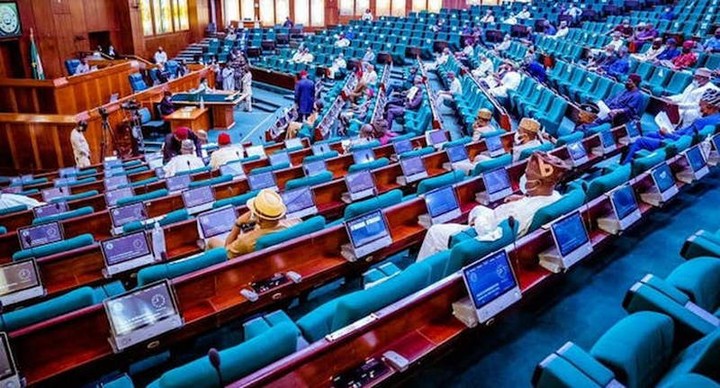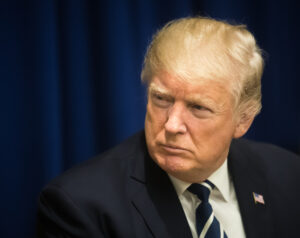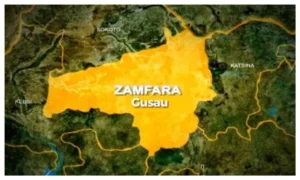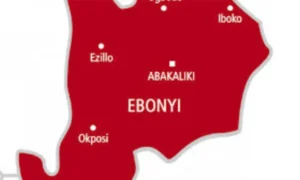Ahead of the 2027 general elections, the National Assembly is proposing that the presidential and governorship elections be conducted in November 2026, instead of the traditional February or March schedule. This proposal is part of the draft amendments to the Electoral Act 2022, discussed during a public hearing held by the Joint Committee on Electoral Matters, chaired by Senator Simon Lalong.
According to the proposed Section 4(7), elections into the offices of President and Governor must take place not later than 185 days before the expiration of their terms. Since the current administration’s tenure ends on May 29, 2027, the new timeline means voting would occur around November 2026.
The amendment also covers legislative elections, setting a similar 185-day limit before the dissolution of both federal and state assemblies. Lawmakers say the goal is to allow adequate time to resolve election disputes before newly elected officials are sworn in.
Chairman of the House Committee on Electoral Matters, Hon. Adebayo Balogun, explained that this change would reduce post-election litigation delays. He proposed shortening tribunal rulings from 180 days to 90 days, and limiting appeal and Supreme Court decisions to 60 days each, ensuring all cases conclude before inauguration.
At the hearing, stakeholders — including INEC’s representative, Prof. Abdullahi Zuru — expressed support for electronic voting and electronic transmission of results to boost transparency. Under Section 60(5) of the proposed law, presiding officers must transmit results both electronically and manually, with penalties for non-compliance reaching ₦1 million or one year imprisonment.
The amendments also include early voting for certain groups like security personnel, INEC staff, journalists, observers, and ad-hoc workers, allowing them to cast their votes up to 14 days before election day. Another proposed reform would transfer election timelines from the Constitution to the Electoral Act, making future adjustments easier.
Stakeholders hailed the proposals as a timely step toward strengthening Nigeria’s electoral system, enhancing credibility, and ensuring that court cases do not overlap with new administrations.







